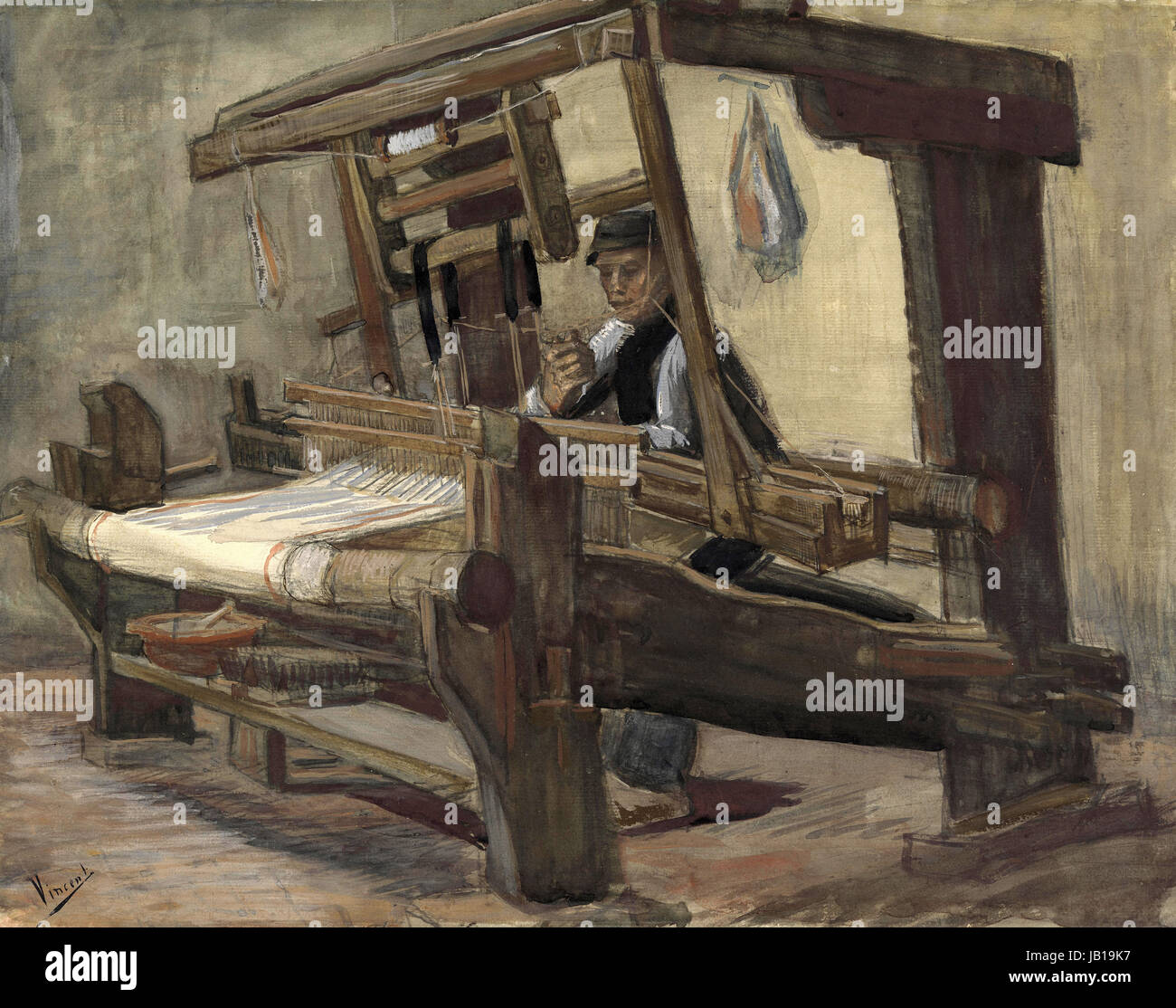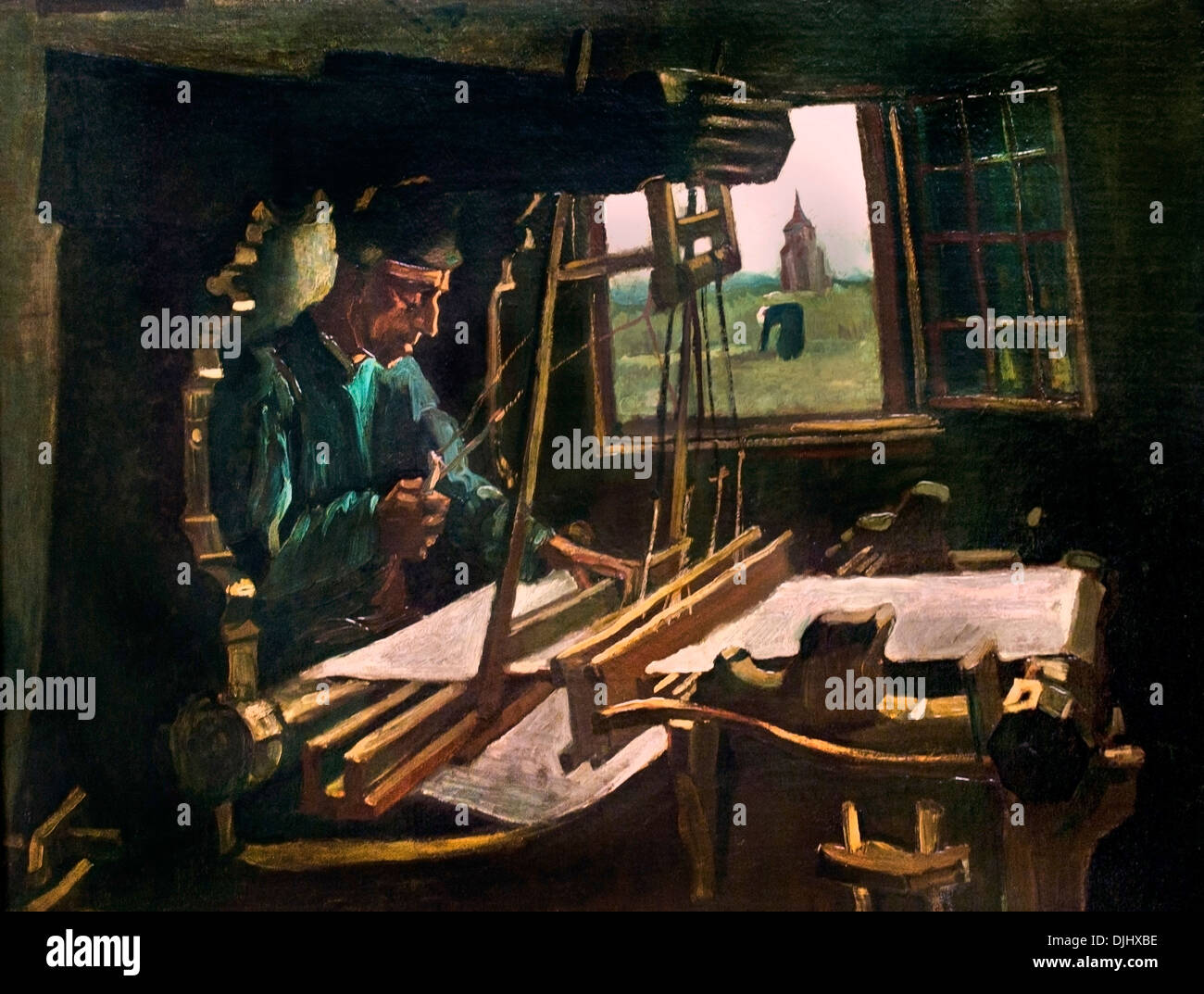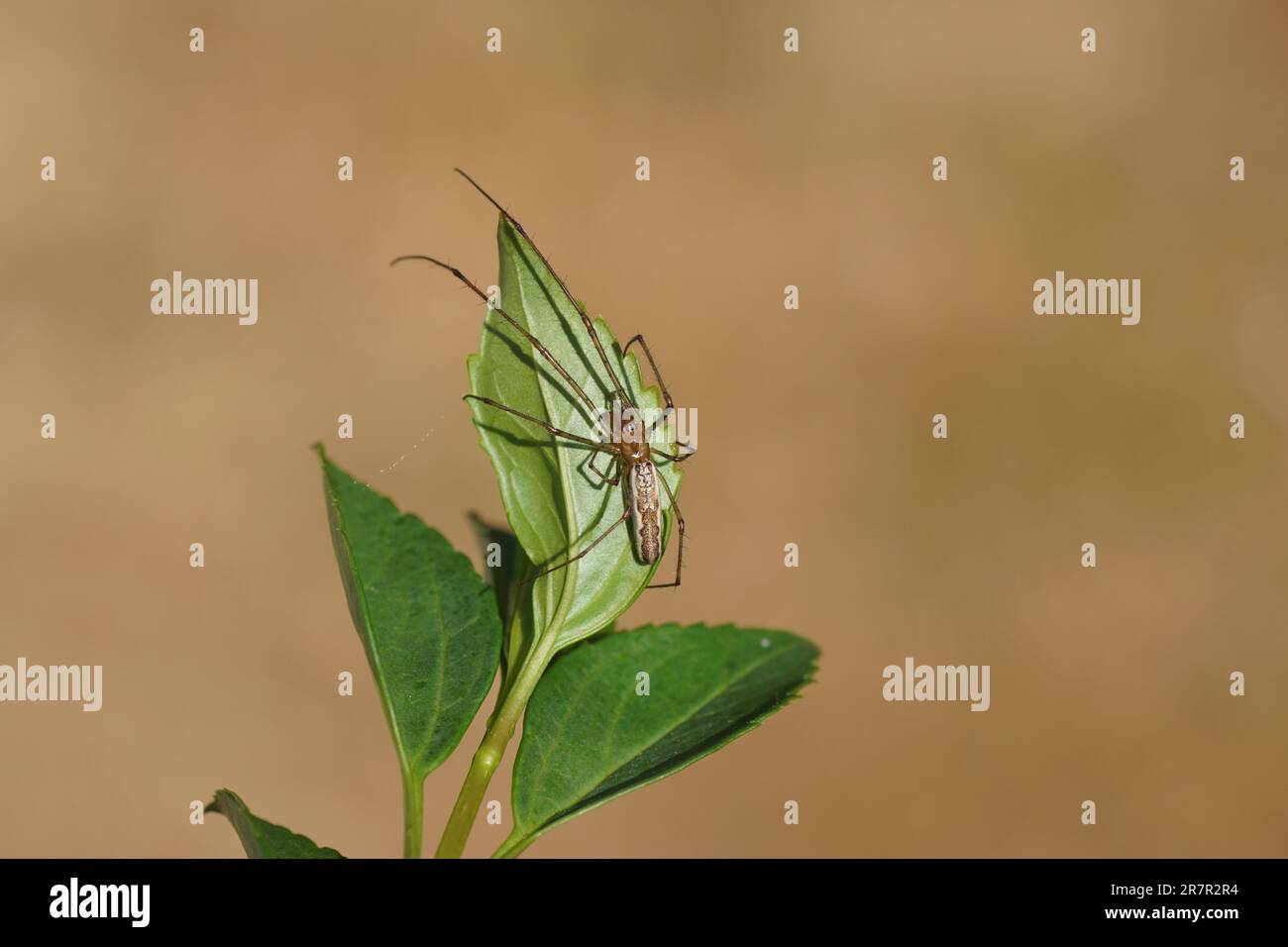Is it possible that a single group of skilled artisans could reshape an entire industry, and even influence the course of history? The story of the Dutch weavers in Norfolk, England, offers a resounding "yes," illustrating the profound impact of specialized knowledge, cultural exchange, and the enduring human quest for a better life.
The tale unfolds in the medieval period, a time when Norfolk, a county in eastern England, boasted a vibrant textile industry. This industry thrived on the production of woollen cloth, particularly a high-quality fabric known as worsted. The success of this industry wasn't solely due to local ingenuity; it was, in part, the product of an influx of skilled Dutch and Flemish weavers. These individuals, drawn to England during the reign of Edward III, brought with them a wealth of technical expertise. Their arrival marked a significant turning point, contributing to the growth and refinement of the worsted industry, which would become a cornerstone of Norfolks economy for centuries to come. The skills of these weavers played a crucial role in establishing Norfolk as a leading center for textile production, showcasing the power of specialized crafts in driving economic prosperity.
The subsequent decline of the industry, attributed to the pressures of competition, serves as a reminder of the precarious nature of economic dominance. The eventual regeneration of the industry speaks to the resilience of human innovation, and the cyclical nature of economic activity. This transformation underscored the need for adaptation in the face of evolving market forces, and the potential for revival through innovation.
- Remote Iot Platform Android The Ultimate Guide To Revolutionize Connectivity
- Sophie Rain Spiderman Video A Comprehensive Exploration
The role of the Dutch weavers in Norfolk highlights the interplay of economic forces, cultural exchange, and political decisions. The migration of these weavers was not merely a movement of individuals, it was a transfer of skills, technologies, and cultural practices. The impact of the weavers on Norfolk extended beyond textiles. They brought new methods of production, different perspectives, and innovative ideas that stimulated the local economy. This influx of talent showcases the value of diversity and the potential for cross-cultural interactions to spark new forms of creativity and economic growth. Furthermore, the act of welcoming skilled migrants was a strategic move, demonstrating the importance of immigration in the historical context.
In 1565, a new chapter began. Queen Elizabeth I, recognizing the value that these skilled artisans brought to England, extended an invitation to Dutch weavers, urging them to settle in Norfolk. In a proclamation, she warmly welcomed them as strangers, but also as Englands most ancient and familiar neighbours. This was not a simple act of charity; it was a calculated political move aimed at boosting Englands economy. The monarch understood that skilled workers were a valuable resource, and that their presence would strengthen the nation's prosperity. This proclamation reveals the complex considerations that shaped immigration policies in the past. It highlighted the importance of securing skilled workers to fortify the economy and maintain national stability.
This invitation was not just about numbers; it was about quality. The weavers had a reputation for their advanced skills in textile production, their knowledge was essential to maintaining and expanding the cloth industry. The "Elizabethan Strangers," as they came to be known, quickly integrated into life in Norfolk. They brought not only their skills, but also a diverse range of talents and cultural traditions. Their integration into Norfolk society demonstrates the adaptability of human nature and the transformative impact of cultural exchange. They established themselves as essential contributors to the local economy, thereby showing their skills and traditions. The weavers' success reflects the complex relationship between immigration, social integration, and economic advancement, highlighting how welcoming diversity can be a foundation for growth.
- Catriona Gray And Sam Milby Split Unveiling The Truth Behind Their Breakup
- Girthmaster Miaz Unveiling The Phenomenon Thats Taking The World By Storm
However, tracing specific individuals within this larger historical context can be challenging. The mention of "Dutch weaver" and various mentions of the same name can lead to confusion. While these instances might refer to actual people, they could also be generic references to the group, or even potentially the product of modern-day usage, such as online profiles. The historical records, in some cases, are more focused on broader trends and events than on the lives of specific individuals. The narrative is often more centered on larger, more broadly impactful societal shifts, therefore, individual details often remain obscured.
The references to "Weavers Dutch Country Seasonings" and "Clyde Weaver" offer another layer of complexity. These entities, operating from Middlebury, Indiana, and selling authentic recipes from Lancaster County, Pennsylvania, respectively, are likely modern businesses that have chosen to draw inspiration from this historical period. They highlight the continuing legacy of the Dutch weaving tradition, demonstrating how the themes of craftsmanship, cultural heritage, and community continue to resonate today.
The reference to a "villain" and a "happy ending" within the context of the "Dutch weaver" creates a story based upon a contemporary view. This use of an individual can either reference a specific person or a personification of the collective, adding to the multifaceted nature of this historical narrative. Regardless of how it's interpreted, the narrative serves to show how history, crafts, and social events affect individuals and societies.
The tale of the Dutch weavers in Norfolk emphasizes how immigration and cultural exchange are intertwined. The weaving of their skills into the tapestry of Norfolk's economic and social life provides valuable insights that extend beyond this single historical era.
| Attribute | Details |
|---|---|
| Name | Generally refers to a group of Dutch and Flemish weavers (often considered collectively as "Dutch Weavers") |
| Origin | Primarily from the Netherlands and Flanders (present-day Belgium) |
| Migration Period | Beginning in the reign of Edward III (mid-14th century) and continuing with a more significant influx during the reign of Elizabeth I (1565) |
| Primary Location | Norfolk, England (specifically Norwich and surrounding areas) |
| Skills | Highly skilled in worsted cloth production; skilled in various textile techniques, including weaving, dyeing, and finishing |
| Impact | Significantly improved the quality and output of the English woollen industry; established Norwich as a major center for textile production; introduced new techniques and technologies |
| Social Impact | Contributed to the cultural diversity of the local communities; brought new social and economic practices; played a role in shaping the identity of Norfolk and Norwich |
| Religious Context | Many were fleeing religious persecution in their home countries |
| Legacy | Their contributions helped make the region a major textile hub for centuries; the term Elizabethan Strangers is still in use, and the skills they taught were central in establishing and maintaining a thriving industry |
| Key Figures | While individual names are often difficult to trace with certainty, the collective of the "Dutch Weavers" is what is focused on. |
| Further Information | Wikipedia - Norwich (For information about the historical importance of Norwich, where many of the Dutch weavers settled) |
The legacy of the Dutch weavers resonates even today. Their expertise helped to create an economic environment that remained vibrant for centuries. Their legacy continues to shape modern society. From the revival of the textile industry to a more diverse culture. The contribution these skilled workers made, demonstrates the lasting value of skilled craftsmanship, cultural exchange, and the welcome of diversity.
- Remoteiot Device Login On Mac Free Solutions That Arenrsquot Working Herersquos Why
- Best Remoteiot Web Ssh Unlocking Secure Access For Iot Devices


